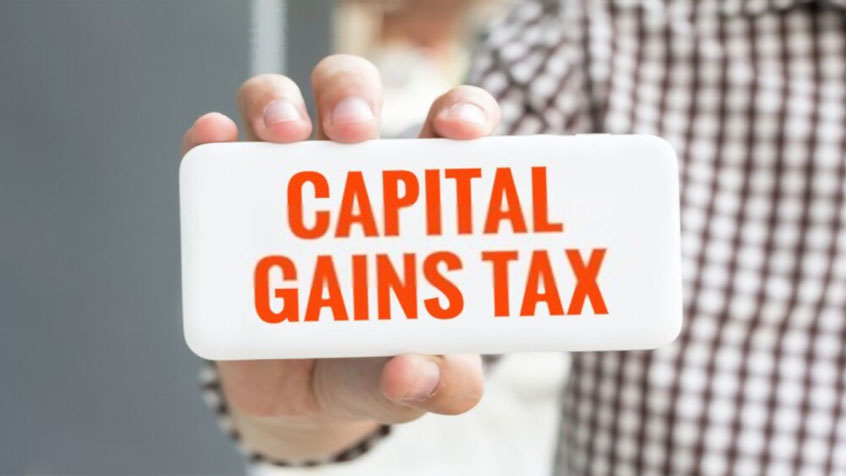Articles >
The Ultimate Guide to Capital Gains Tax for Business

August 24, 2021
Capital Gains Tax or CGT is that tax that is paid on profits that are made when an asset is sold or disposed of. The gain is what is taxed and not the amount that has been received on the asset. CGT comes into play when assets like personal possessions worth around 6000 or above are sold. This would not include a car. Property that is apart from your main residence too would be considered and even the main residence if it has been let out, used for business purposes or is very large.
The same tax comes into play when you sell your business as well. Thus, looking to sell a business does not merely involve making a good deal but also understanding the tax implications as well. Otherwise, you may end up paying an arm and leg in taxes that you could have easily minimised or avoided altogether. When in doubt it is best to ask the experts to find out and so having a good tax advisor is crucial.
How to determine the amount of Capital Gains Tax on the sale of your Business?
The amount of tax that is applicable on the sale of your business depends upon what type of business you owned in the first place, viz. whether it was a sole trader, the partner in a business or the director of a company. When considering a company there is another aspect as well as the amount of tax that has to be paid depends on what the business sale type is as where only shares are in the market or assets as well does make a difference. Due to all these intricacies it makes sense to get an accountant provide you with tax services so that you do not make a decision out of lack of knowledge.
Capital Gains Tax Applicable on Sale of Business by a Sole trader and Partner
When the business is being sold as a sole trader then the capital gains tax would be chargeable on each asset of the business at the time of the sale. In the case of a partnership, you need to only pay tax on your part of the share on the gains made on whatever assets are sold. Assets that are chargeable include trade marks, patents and the premises of the business but cars and cash related to the business are exempt. If you do sell factory items or machinery at a higher then original price then these too will be included in the taxable element.
These gains are only taxable however, if they are above the annual tax free allowance of 12,300. If you are confused as to how much would be taxable then you should approach an Accounting and Taxation expert like Doshi Accounting.
When it comes to company directors things get a little more complex as tax obligations would then depend on if the sale is that of an asset or of a share. If it is a share sale then the profits that are taxable would only be those of the shares. But at the time of selling assets the rules change and you might face a double tax charge which is why selling a business should not be done by yourself. You should hire proper tax services.
Tax rates
The Capital Gains Tax rate would be at 10% if you fall within the basic tax bracket but would increase to 20% if you are falling in a higher tax band. Important to note here is that the rates would be higher when one considers gain from specifically residential properties, up to 18% to 28%.
Due to the constant changes in the tax rules having a good tax advisor is of utmost importance. This is where having a good Accounting and Taxation firm like Doshi Accounting can ease the burden off your shoulders. Contact us with your queries, we are happy to assist you with our dedicated team of accountants.

